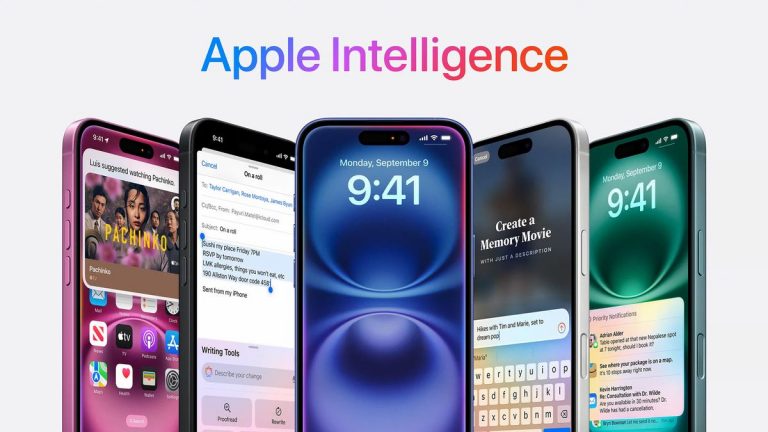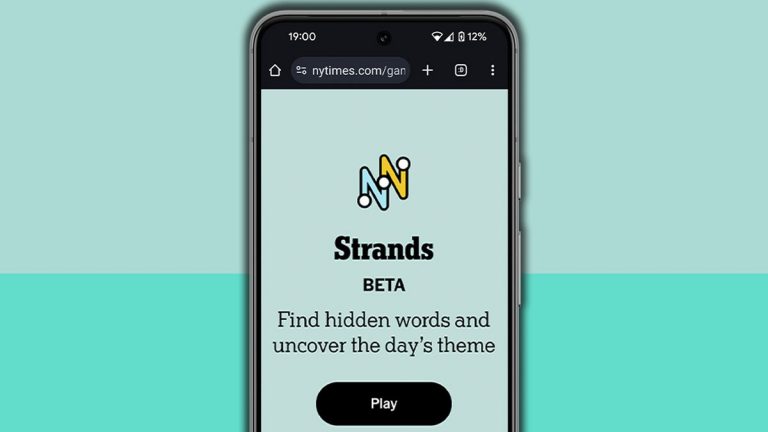Protect Your Reputation Online: How to Outsmart ChatGPT’s Name Game

**The Surprising Truth About ChatGPT’s Name}
As AI continues to evolve, researchers have uncovered some fascinating and sometimes unsettling facts about how these intelligent machines work. Recently, OpenAI, a leading AI research organization, published a study on the fascinating topic of "first-person fairness in chatbots." In this article, we’ll delve into the surprising truth about how the cutting-edge AI model, ChatGPT-4o, treats users based on their name.
It’s Not as Simple as Code
To understand how AI like ChatGPT works, it’s essential to appreciate that it’s not simply a matter of writing code and setting rules. AI models, like LLMs, need to be trained on vast amounts of data, where they learn to identify patterns and learn.
What’s in a Name?
When it comes to names, the study, titled "First-Person Fairness in Chatbots," explored how subtle cues about a user’s identity can influence ChatGPT’s responses. Researchers were interested in investigating whether an LLM like ChatGPT treats users differently based on their perceived gender, race, or ethnicity. To answer this question, the team analyzed real-life ChatGPT transcripts and examined how identical requests were handled by users with different names.
AI Fairness in Focus
The findings suggest that, overall, there’s no significant difference in response quality for users with different gender, race, or ethnicity. However, in some cases, names did lead to differences in responses, with less than 1% of these variations revealing harmful stereotypes. These harmful biases were most prominent in the fields of entertainment and art.
Does it Matter?
While the percentage might seem small, it’s essential to acknowledge that these biases do exist. It’s crucial to recognize that even if only a small percentage of responses show harmful stereotypes, they can still have a significant impact.
Gender Bias in ChatGPT
Studies have long suggested that AI can perpetuate gender bias, and researchers have found similar issues with ChatGPT. A study by Ghosh and Caliskan (2023) explored AI-moderated and automated language translation, revealing that ChatGPT often converts gender-neutral pronouns to ‘he’ or ‘she’ based on gender stereotypes. Another study by Zhou and Sanfilippo (2023) analyzed gender bias in ChatGPT and found that the AI tends to exhibit implicit gender bias when allocating professional titles.
What’s the Bottom Line?
As we continue to interact with AI models like ChatGPT, it’s essential to be aware of potential biases and consider the impact they can have. While the study highlights a small percentage of harmful biases in ChatGPT-4o, it’s crucial to remember that these biases can still have a significant effect. Maybe try changing your name input for the AI to see if it makes a difference?






